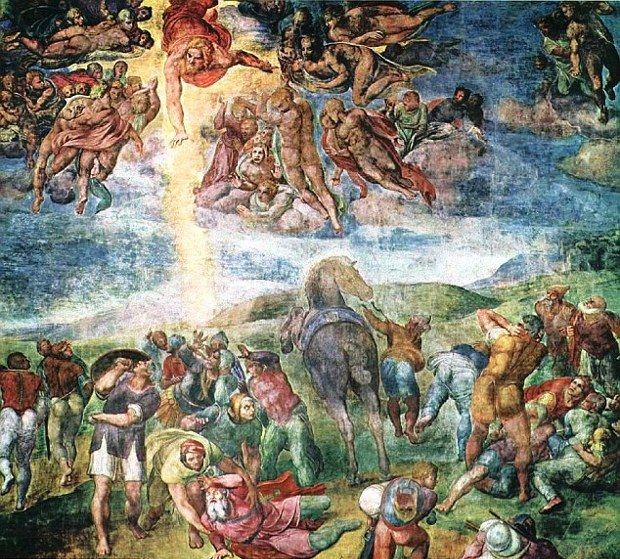In a recent paper in the journal Meteoritics and Planetary Science, astronomer William Hartmann argues that Paul the Apostle converted to Christianity after witnessing an exploding meteor and mistaking it for a sign from the divine.
The specialist says that, having taken the time to study several accounts of how and why Apostle Paul ditched his old beliefs and welcomed Jesus in his life, he found these stories to be strikingly similar to the logistics of a meteor hitting Earth.
What the Bible says about Paul's conversion
The Bible tells us that Apostle Paul was not one of Jesus' first 12 disciples. Instead, Paul only became a convert following Jesus' death when, while on his way to the city of Damascus in Syria, he saw a bright light falling from the sky.
This bright light, intense and powerful enough to knock the Apostle to the ground, was accompanied by a thundering voice of sorts that spoke to Paul. The voice is said to have been that of Jesus asking Paul why he would not accept him in his life.
According to the Bible, this encounter with the divine left Paul the Apostle blind for three days. When he finally recovered, he was a firm believer in Jesus. So much so that he took it upon himself to spread Christianity around the globe.
Paul's divine sign was probably a meteor
In his report in the journal Meteoritics and Planetary Science, researcher William Hartmann says that, all things considered, odds are that what Paul the Apostle saw while on his way to Damascus was an exploding meteor.
The astronomer says that a meteor would explain not only the bright light that Paul the Apostle claims to have seen but also the thundering voice accompanying the vision.
As for the fact that Paul went blind and only recovered his sight three days later, this might have been due to exposure to intense ultraviolet radiation resulting from the explosion of the celestial body, William Hartmann says.
“The details offer a strikingly good match to a Chelyabinsk-class or Tunguska-class fireball,” the astronomer writes in his paper in the journal Meteoritics and Planetary Science, as cited by IBT.
“Among the most impressive, unexpected consistencies with modern knowledge is the first-century description of symptoms of temporary blindness caused by exposure to intense radiation, matching a condition now known as photokeratitis,” he adds.

 14 DAY TRIAL //
14 DAY TRIAL // 

